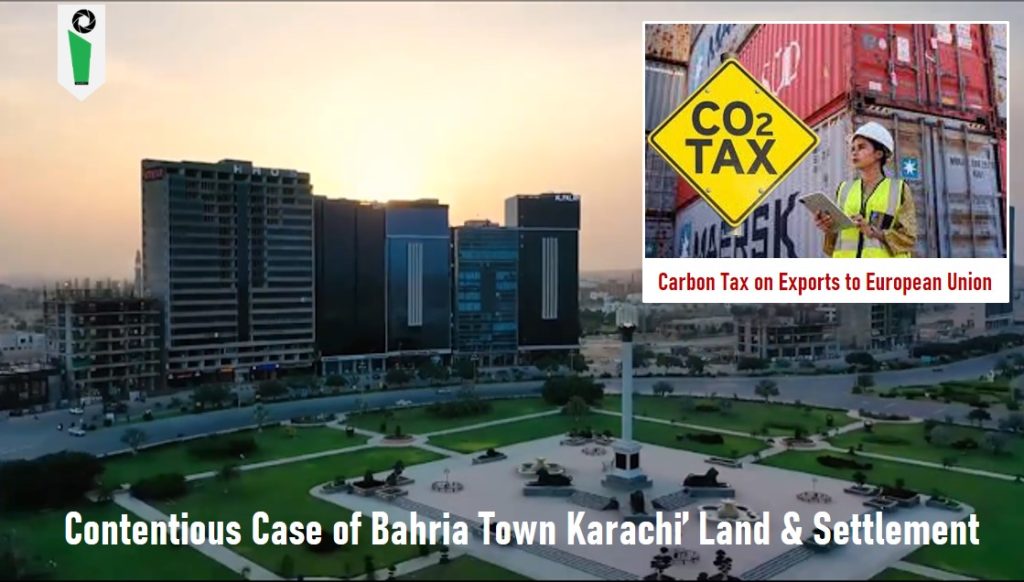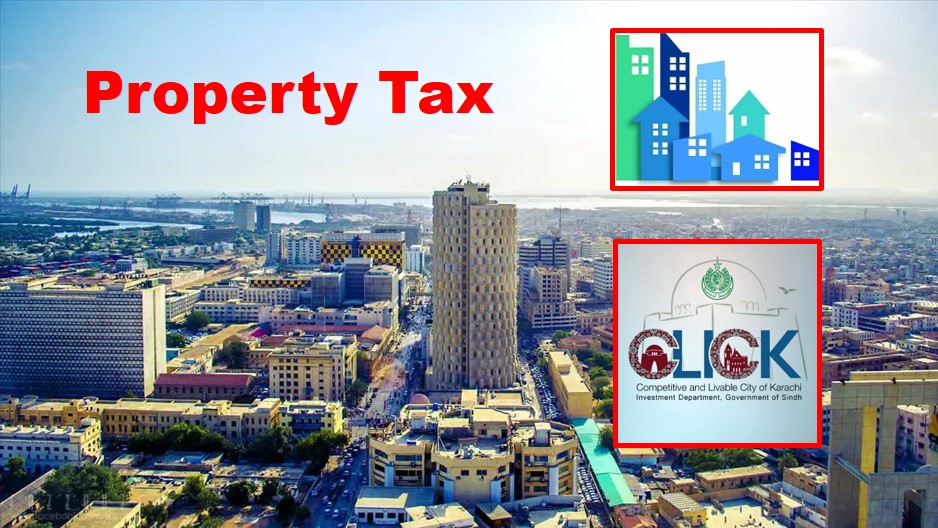19 May 2024
Dubai Unlocked leaks Offshore Properties of Pakistanis
A collaborative investigative journalism initiative has published a report this week unveiling property ownership of influential figures worldwide in Dubai. Titled “Dubai Unlocked”, the project relies on data offering extensive insight into hundreds of thousands of properties in Dubai, along with details regarding their ownership or utilization, primarily spanning the years 2020 to 2022. The data was obtained by the Center for Advanced Defence Studies (C4ADS), a non-profit organization based in Washington, D.C. and then shared with Norwegian financial outlet E24 and the Organised Crime and Corruption Reporting Project (OCCRP), which coordinated an investigative project with media outlets from around the world.
The data revelation includes approximately $400 billion worth of properties owned by non-residents, including $11 billion worth of properties owned by Pakistanis. The “Dubai Unlocked” exposes the names of several political figures, government officials, and retired civil servants from around the world. Among them, Pakistanis own $11 billion worth of properties in Dubai, making them the second-largest group of non-residents purchasing properties in the city. According to the report, 17,000 Pakistanis have bought 23,000 properties in Dubai. While Indian citizens lead among non-residents purchasing properties in Dubai, with 29,700 Indians owning 35,000 properties in the city.
Heatwave Warnings Across Sindh and Punjab
The Met Office has predicted a further rise in temperatures by a sizzling six to eight degrees Celsius over the next few days across Pakistan. With the mercury already touching the dreaded 45-degree mark in many parts of Punjab and Sindh, there are further two to three heatwaves forecast to sweep both provinces over the next four weeks. While hot weather conditions prevail currently, but are expected to get more intense from May 21 till May 27.

The Sindh government held a high-level meeting to assess the situation and make a strategy to tackle the heatwave predicted to sweep the province from May 21 onwards. The chief secretary Sindh emphasized the importance of a proactive awareness campaign to educate the public on heatwave prevention and safety measures. He ordered authorities to set up heatwave prevention centers in all hospitals across the province to provide immediate assistance and relief. Usually, shorter hot spells are a routine occurrence for those living in the plains, but longer ones may spell massive trouble. The Met Office has already conveyed the situation to the departments concerned amid the hope that necessary steps are taken to mitigate the impact of the hot spells. Despite, farmers are more worried in Punjab, as early sown cotton, which is in a flowering stage, may suffer excessive shedding and the threat of burning. While in this heat, maize and rice will also need additional water.
FBR Taxes on Non-filers Properties
The Federal Board of Revenue (FBR) is proposing new tax measures to align with fiscal objectives, aiming to generate between PKR 1.2 trillion and PKR 1.3 trillion, aligning with a revenue target of PKR 11.6 trillion to PKR 11.7 trillion for the fiscal year 2024-25. According to news reports, the FBR has presented preliminary budget proposals to the International Monetary Fund (IMF) with new taxation strategies such as imposing additional taxes, eliminating exemptions and zero-ratings, and taxing the real estate and retail sectors.
To implement these strategies, the upcoming budget is expected to increase the advance tax on property purchases made by non-filers. The move comes as part of a new understanding between the Federal Board of Revenue and the International Monetary Fund (IMF). An increase in withholding tax on property transactions specifically targets non-filers in the real estate sector. The proposed tax structure outlines a tiered system from 6% to 15% based on property value worth 500 million to over Rs.100 million on non-filers
Currently, tax authorities impose a flat 3% levy on property purchases for filers and a 10.5% tax for non-filers. This system is expected to be replaced with the tiered structure mentioned above, aiming to generate an additional Rs. 20 billion in revenue compared to the current fiscal year. This new tax measure on property transactions signifies the government’s commitment to tackling tax evasion and increasing revenue collection. The impact on the real estate sector remains to be seen, but it is likely to incentivize property buyers to file tax returns and contribute to the national exchequer.
Carbon Tax on Petroleum Products
The federal government is reportedly mulling a move to introduce a carbon tax on petroleum and similar products, amid a push for an integrated general sales tax (GST) from the International Monetary Fund to achieve the true spirit and benefits of the value-added tax (VAT) for documentation and digitization. According to news reports the carbon tax is one of the measures being deliberated that could also help garner international financial support for newer aid instruments, including green and e-bonds and cheaper loans and grants from multilateral institutions. The future development program is already being aligned with climate public investment management benchmarks.

The federal authorities maintain the carbon tax is a beneficial initiative for international support and to earn carbon credits and cheaper finances and could then be dedicated to environment-friendly expenditures that replace carbon-emitting practices and contain greenhouse gas emissions. Besides, the reintroduction of the carbon tax in the coming budget proceeds stay fully in the federal kitty, unlike the GST that overwhelmingly goes to the provinces.




